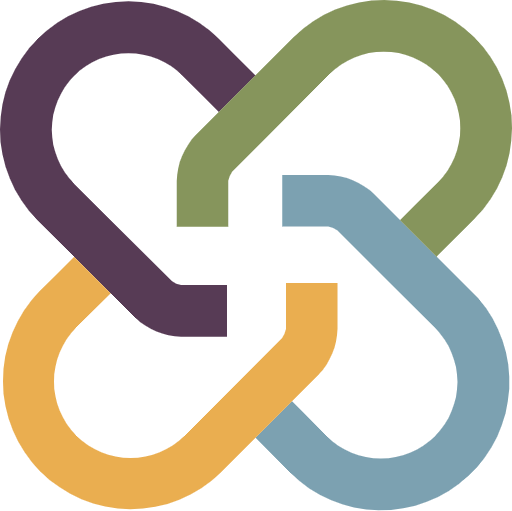Compulsory education
The total period of compulsory education amounts to eleven years. Primary level – including two years of kindergarten or a first learning cycle – comprises eight years. Lower secondary level takes three years. In the canton of Ticino, lower secondary level (scuola media) lasts for four years. Generally, compulsory education sets in for children at the age of four.
Organisation of compulsory education
The cantons are responsible for compulsory education. They specify the curricula, the teaching material and the number of lessons per subject. The Intercantonal Agreement on Harmonisation of Compulsory Education (HarmoS Agreement) stipulates a harmonisation of the curricula on the level of the linguistic regions. The French-speaking cantons have implemented the «Plan d’études romand» (PER), the 21 German-speaking and multilingual cantons the «Lehrplan 21» and the canton of Ticino the «Piano di studio».
The schools are organised by the municipalities. Because education is locally rooted, tailor-made solutions can be implemented.
Public compulsory education is free of charge for all children. Public institutions are attended by 95% of children. The obligation to attend school also applies to children who do not have a legal residency status. Pupils with different developmental statuses, capabilities, social backgrounds, linguistic backgrounds and behavioural characteristics all attend the same school. This heterogeneity regarding the pupils' capabilities and talents, along with the cultural heterogeneity in the classes, poses considerable challenges for the school. The school guarantees to teach all pupils according to their abilities. The pupils receive differentiated, individualised tuition and are supported individually by regular school teachers or, if necessary, by specialists (e.g. special needs education teachers). Measures to be promoted in regular school include the support of talented pupils, promotion of language skills, promotion of language skills for children who are native speakers of foreign languages, support in individual subjects, speech and language therapy, psychomotor therapy etc. If the need for support goes beyond the possibilities of regular instruction, enhanced measures are taken.

